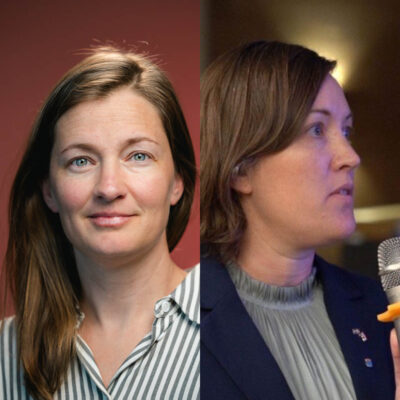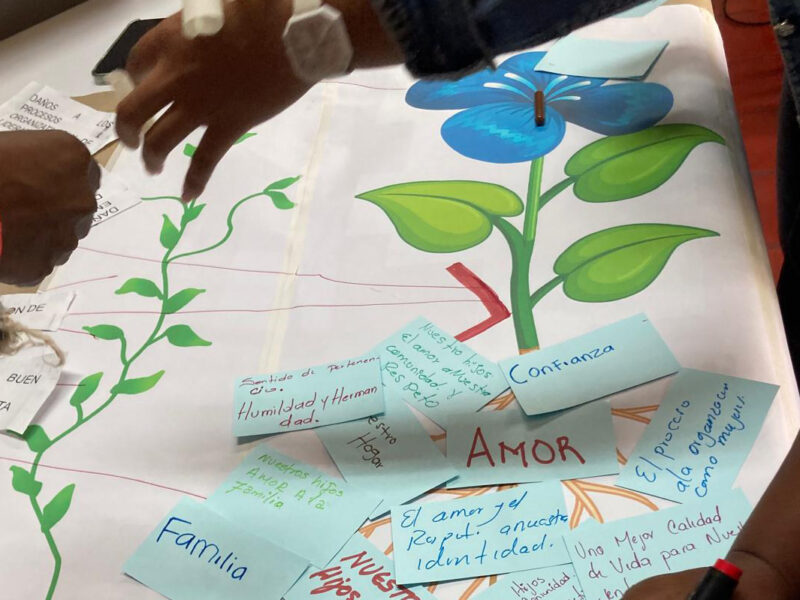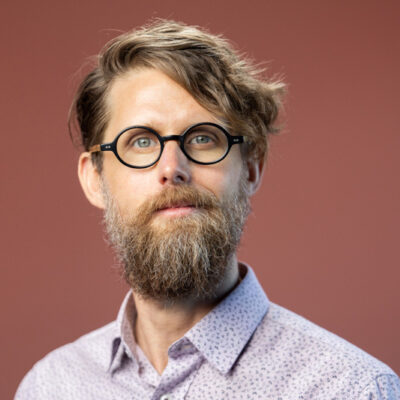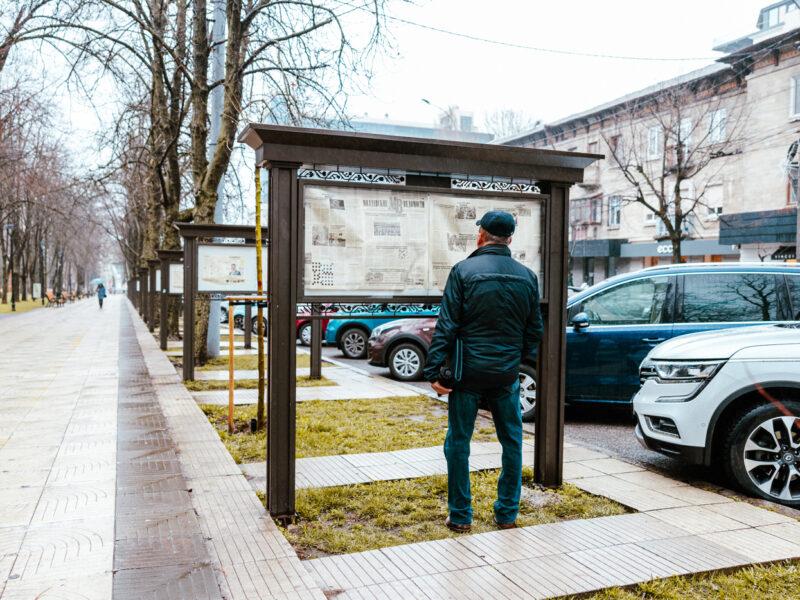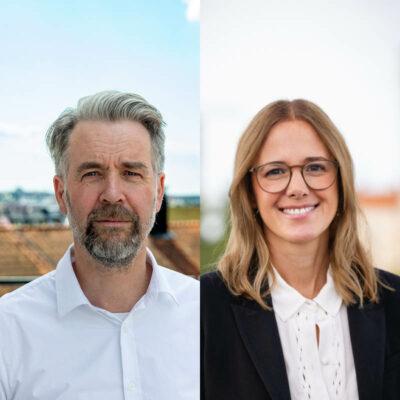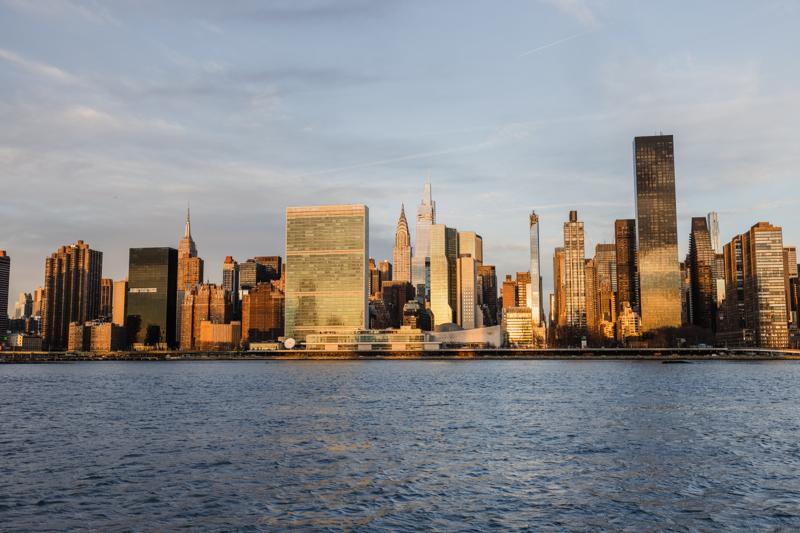Security and human rights in COVID-19 times
Despite the warmth of the spring sun outside, the world seems filled with new threats and challenges. The COVID-19 pandemic has affected us all and I am working from home. My mind tries to focus on adapting a training module on human security for one of our partner countries.
What is security? We ask this question in every security sector reform course we hold. What does security mean to you in your daily life? This question is simple but transformational. When describing security in general, people might think of weapons-systems or number of troops.
When we ask the question: “What makes you feel safe and secure?” people respond differently. Participants suggest issues like having a job with a decent income, the ability to put food on the table, savings in an account, sending the kids to school, being able to call a police if something happens and trusting that the police responds. This is human security – a people-centred approach to security. The traditional ideas of security are still relevant but in terms of making people safe and secure.
I recently wrote a paper on human rights and security sector reform for the FBA to show how human rights are integral to security. For me personally, the two concepts are nearly the same – respecting and protecting human rights is providing human security. So why is there a perceived dichotomy between security and human rights?
The human rights community may often face the term “security” when there are calls for tougher measures which often includes possible threats to the enjoyment of human rights. The security community (in the traditional sense) are often faced with the term “human rights” when there are calls for accountability for potential violations, which will be seen as a threat to operations. From these positions, it is logical to see “security” and “human rights” as opposites.
Calling for accountability is an important part of human rights work but understandably uncomfortable for those who stand accused. We need to continue the train of thought to understand how calls for accountability can lead to better operations. Human rights should be an integral part of security actors’ core values and a source of professional pride.
Human rights violations fuel resentment among the population and can be the source of conflict or the trigger for joining violent extremist organizations. Adhering to decent codes of conduct is one part of building trust among the population and a basis for more effective security operations. Calls for accountability and adherence to human rights standards is the path that may lead us to improving the professional standards for good security operations and help us build sustainable peace and prevent conflict.
At this time, COVID-19 is taking a heavy toll on people’s health and lives. The virus does not discriminate in spreading to rich and poor, but the consequences are very different for those who have access to health care, social services, a decent standard of living and labour rights, and those who don’t. The right to health is a matter of security.
The Universal Declaration on Human Rights includes the right to health, specifically the access to medical care and necessary social services. The International Covenant on Economic, Social and Cultural Rights (which is binding international law for the 170 state parties to the covenant) specifies the “right of everyone to the enjoyment of the highest attainable standard of physical and mental health” which shall include “the prevention, treatment and control of epidemic, endemic, occupational and other disease, as well as the creation of conditions which would assure to all medical service and medical attention in the event of sickness.”
The response to the pandemic has also entailed heavy-handed measures to enforce lock-downs, with reports of injuries and casualties. The change in laws, or use of emergency laws, to respond to COVID-19 can open up for use for other purposes in the future.
It is clear to me that human rights norms provide the guiding light here, when we must respond to an urgent health emergency but at the same time be forced to think about the longer-term consequences. Human rights-based security operations may protect security actors from overreacting and potentially damage public trust in the immediate response, which can have long-term consequences.
People around the world are asked to stay at home, but are we safe at home? Increased security threats against women, but also children, quickly took to the headlines. Perhaps this is a time when we really start recognizing security threats in the private sphere, which women’s rights advocates have been arguing for, for so long. Perhaps this terrible pandemic is changing the way we see security? Next question is how we respond…
The virus puts a spotlight on our new understanding of human security. What makes me feel safe and secure right now is that I have access to health care, functioning police services and my freedom of expression.
I receive messages of sympathies and send greetings to my colleagues and partners. Then I return to adapting the training module on understanding human security, humbled by the news around us and more convinced than ever that human rights can be the catalyst for understanding human security.
av Linda Borgheden


